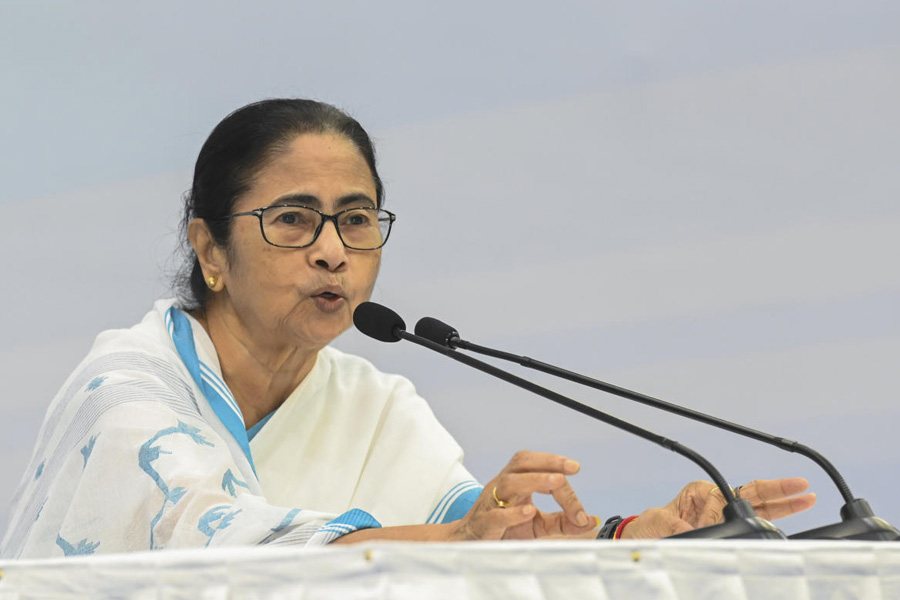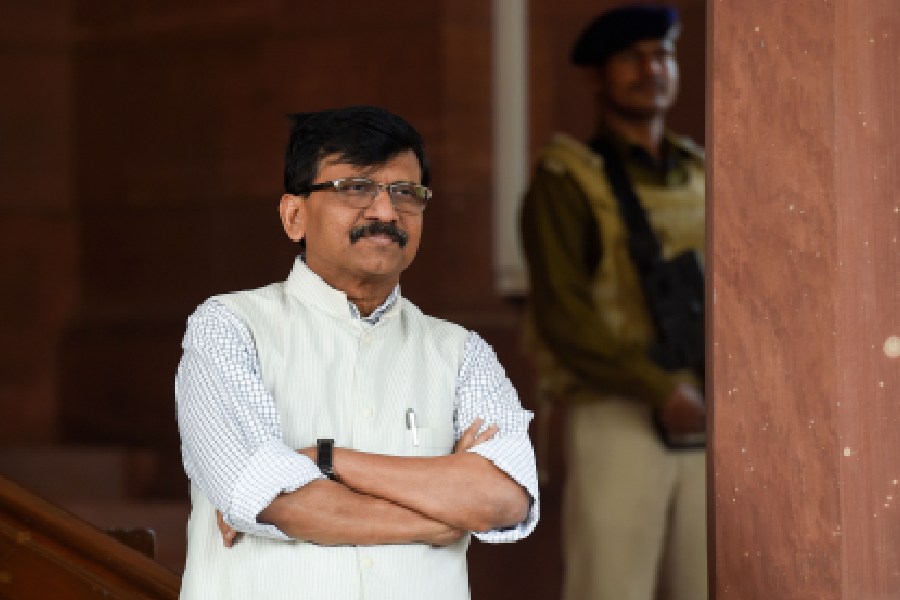Mamata Banerjee on Thursday said that the Waqf (Amendment) Bill of the Narendra Modi government was against the Constitution's principles of secularism and against one religion.
The Bengal chief minister, while replying to a question on the bill raised in the Assembly by the party's Itahar MLA, Mosaraf Hussen, also alleged that the BJP-led Centre did not consult states before making the move.
“We came to know about the amendment from a government advertisement and asked our parliamentary party to follow it up. The TMC has taken the lead in opposing the bill in Parliament, with support from other parties. It was the duty of the Union government to inform us,” said Mamata.
"This bill is against one religion. The bill is anti-federal and anti-secular. It is a deliberate attempt to malign a particular section. It will snatch the rights of Muslims.... We should remember that waqf property is donated not only by Muslims but also by Hindus for development," she said. “We will not tolerate any kind of oppression against any religion."
The Bill proposed to amend 44 Sections of the Waqf Act, 1995, proposing to curb the authority of waqf boards, allow non-Muslims to be members of the boards, restrict the donation of properties, allow greater control by the government and change how waqf tribunals function.
Trinamool and others in the national Opposition have been critical of the amendments proposed by the bill, saying that they violate religious rights of Muslims.
The BJP claims the amendments will bring transparency and accountability to the functioning of the waqf boards.
The contentious bill is under scrutiny by a parliamentary committee with representation from Trinamool. The committee held multiple meetings but failed to reach a conclusion, following which the Centre decided to extend its tenure till the end of the Union budget session in 2025.
Mamata said waqf matters were brought under an Act during British rule in 1934, and after Independence, it was first amended in 1954.
"The Centre should have discussed it with the states because, like the central waqf board, there are state bodies... quasi-judicial bodies," she said.
The Centre claims it decided to amend the waqf law after there were allegations that numerous properties were illegally occupied.
Responding to this, Mamata said: “What happened before Independence, or before 1954 is not our lookout, we weren't even born then."
"As the Supreme Court said recently, I simply cannot send bulldozers to demolish at will (if the bill is enacted)," she added.
Mamata said unity in diversity is the nation's religion.
"This bill is against the basic spirit of equality...," she said. "We are for everybody and not for any single religion. But if there are atrocities on any religion, we condemn it. I think this (bill) has been made with a political purpose."
Tab caution
The Bengal government is evolving a mechanism to prevent the theft of Taruner Swapna grants meant for higher secondary students of state-run and state-aided schools to buy tablets or smartphones.
“We have found that the Jamtara group in Jharkhand was involved in diverting the grants to different bank accounts so that they could siphon off funds. Our government is working on a plan to come up with a mechanism to prevent such attempts,” Mamata said in the Assembly on Thursday, adding that the state government spent around ₹1,600 crore on this scheme.
“We won't let fraudsters take away peoples’ money. Similar hacking was done in other states but here we could make the arrests. We will also ensure that students who have not received the grant get the money,” Mamata said.










